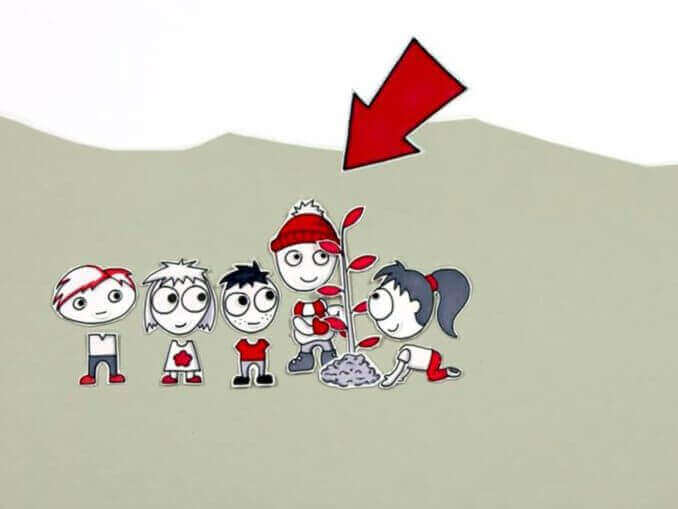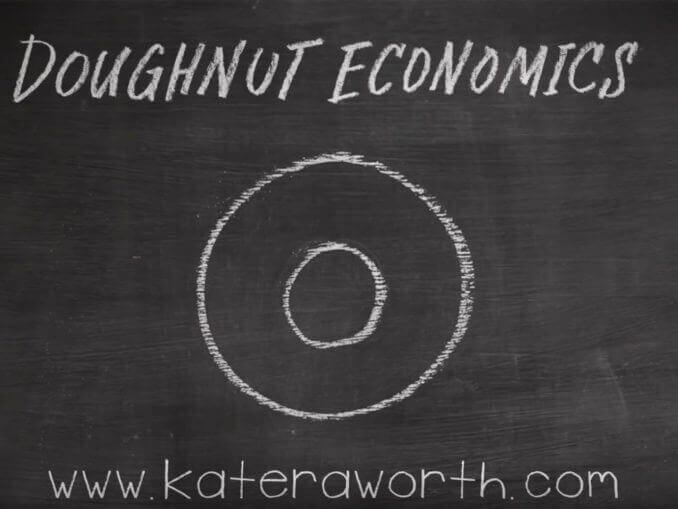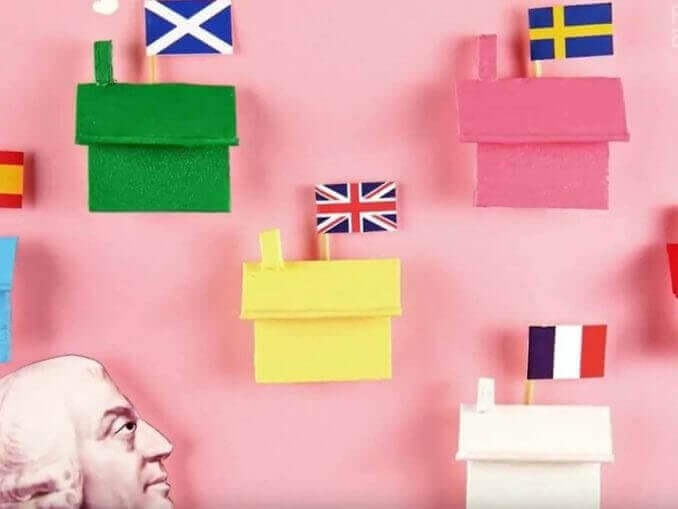
In a rapidly changing world where the call for sustainability is louder than ever, companies are at a crucial crossroads. The need to combine economic goals with ecological and social challenges is no longer just an option. But an urgent duty. But how do companies navigate this complex web of expectations and responsibilities? This article and video about the Business Sustainability Typology explains it with fascinating case studies of leading companies that are leading the way to a more sustainable future.
This article on Business Sustainability Typology and the accompanying video dive deep into the evolution of Thomas Dyllick and Katrin Muff’s typology of business sustainability. From traditional profit maximization to innovative business models that strive for positive global change and can now be described as true business sustainability.
Business Sustainability Typology
Copyright and text by Prof. Dr. Heike Bruch and Jessica Färber (IFPM-HSG) / University of St. Gallen
Thanks to Pavel S. for his valuable support in the preparation of this translation.
Determine the sustainability status of a company online here free of charge.
Transcription of the video from the original English language
Sustainability? Companies respond to social and environmental concerns. However, economic goals remain the top priority. They simply recognize that sustainability management can help them to save costs, reduce risks, improve their attractiveness as an employer and differentiate themselves from their less attractive competitors. Sustainability management is all about managing the opportunities and risks arising from economic, environmental and social challenges.
And yes, that is where most companies find themselves today. At the level of Business Sustainability Typology 1.0 (Early Business Sustainability), also known as refined shareholder value management. Sustainability as a means to an end. The goal is economic success. A good example of this is Walmart, the world’s largest retailer. Its sustainability strategy focuses on reducing energy, water, packaging materials and transportation, which fits perfectly with Walmart’s strategy. Lowest prices every day. In the second phase of sustainability management, companies rethink their one-sided goal of profit maximization and pursue a triple bottom line approach. Value creation now goes beyond shareholders.
Business means not only economic, but also environmental and social goals. To achieve these goals, organizations implement sustainability strategies and plans with the help of sustainability management systems and appropriate reporting. This is Business Sustainability Typology 2.0 (Advanced Business Sustainability). The organization anchors the triple bottom line in its structure and defines and implements corresponding responsibilities and programs.
For example, Unilever, a giant in the field of everyday consumer goods, launched its Sustainable Living Plan in 2010. Its ambitious targets for 2020 include doubling its turnover while halving its environmental footprint and improving the living conditions of millions of people along its supply chains. Time for a short summary. There are three levels of business sustainability. Traditional management does not include social and economic sustainability. It’s all about the shareholders. In the Business Sustainability Typology 1.0, social and environmental concerns are a means to an end. The goal is economic success. We call it refined shareholder value management.
Business Sustainability Typology 2.0 goes one step further by adopting a triple bottom line approach that encompasses not only economic, but also environmental and social objectives. All three approaches share an inside-out perspective. How can companies avoid negative side effects? Although this is important, it does not go far enough.
Business Sustainability Typology 3.0 (True Business Sustainability) is not about reducing negative effects, but about creating positive ones. It is about actively contributing to the world’s sustainability problems, which requires a shift from inside-out to outside-in thinking. First look at the challenges out there and then start tackling them with your own resources. Start-ups and social enterprises in particular see these challenges as opportunities. They address social and ecological problems without forgetting that they must eventually become profitable and self-sustaining. Among the larger and established companies, only a few have renewed their business models by switching from inside-out to outside-in thinking.
One example is the SV Group, a provider of catering services for companies in Switzerland. Together with the Worldwide Fund, it recently launched One Two Week, a new nutrition program that helps customers provide healthy food for their employees while reducing their carbon footprint. With this program, the SV Group is directly addressing the sustainability issue of climate change by making it an integral part of its offering.
A second example is IKEA, a Swedish furniture giant. Through its foundation and in cooperation with the United Nations High Commissioner for Refugees, it has developed an emergency shelter for refugees that costs just €1,000 each, weighs 100 kg and offers space for five people on 17.5 m². It is foldable, easy to transport and is already being used in Iraq, Ethiopia, Syria and parts of Europe. The social challenges are diverse and cover many areas such as food, energy, mobility, the economy and agriculture, to name but a few. A solution-oriented approach requires not only different business models, but also new forms of collaboration. Collaboration within supply chains, across industries, between private, public and non-state actors, ultimately changing the rules of the game.
It may come as a surprise, but true business sustainability is not a new idea. Management guru Peter Drucker pointed out that every single social and global problem of our time represents a hidden business opportunity. A look at history shows that companies such as Nestlé and Unilever only came into being because their founders addressed pressing social problems such as infant mortality in Switzerland and hygiene problems in Victorian England.
Therefore, a return to the original purpose of the business would not be wrong. We need to link the sustainability goals of companies directly to the sustainability challenges of the world. Then we are talking about real business sustainability.
—
Note: the HSG University of St.Gallen video included in this article was produced in 2016. Thomas Dyllick and Katrin Muff no longer differentiate between Business Sustainability Typology 1.0 to 3.0, but instead speak of Early Business Sustainability, Advanced Business Sustainability or True Business Sustainability.



